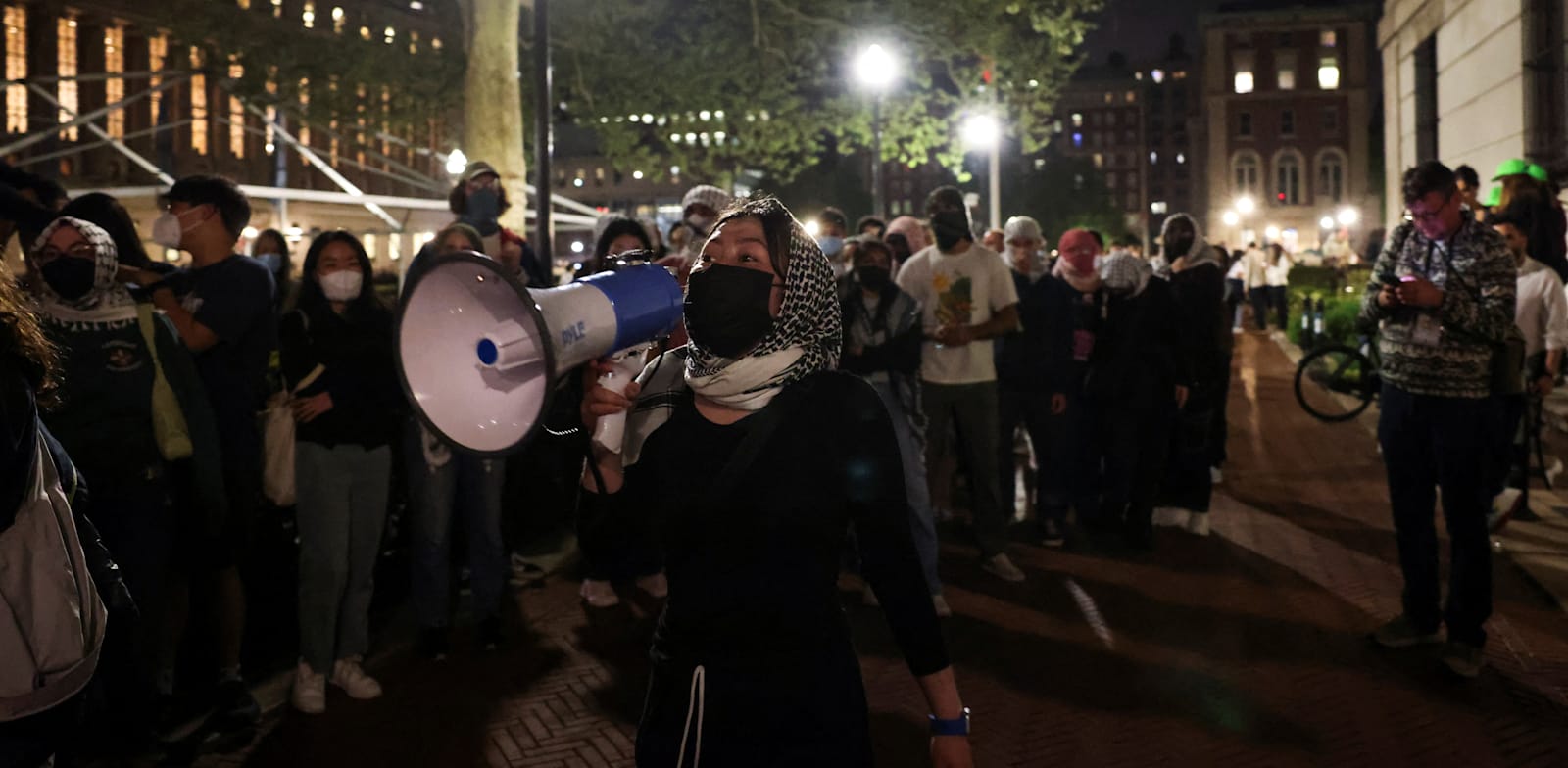
TSA Facial Recognition Technology in Question as Senator Merkley Pushes for Privacy Restrictions
Senator Jeff Merkley, a well-known advocate for privacy in the Senate, is currently pushing for restrictions on the Transportation Security Administration’s (TSA) use of facial recognition technology. This move has raised concerns from both the agency and stakeholders regarding airport security and potential delays for travelers.
In an interview with Bloomberg Government on Tuesday, Senator Merkley stated that he plans to attach language limiting TSA’s use of facial recognition to a comprehensive aviation bill that will be considered in the Senate this week. The proposed measure aims to hinder TSA’s ability to utilize facial recognition technology for verifying traveler identities, which the agency claims is more efficient and secure compared to traditional ID checks conducted by checkpoint officers.
If implemented, this restriction could significantly impact how TSA operates and could potentially lead to longer wait times for travelers at airport security checkpoints. Senator Merkley believes that it is essential to prioritize privacy concerns and ensure that the use of facial recognition technology does not compromise individual rights or security measures in place at airports.
The TSA has been using facial recognition technology since 2016, but there have been concerns about its effectiveness and potential misuse. In recent years, there have been reports of false positives and false negatives, where individuals were mistakenly flagged or not identified correctly. There have also been concerns about data privacy and how biased algorithms could affect certain groups of people.
Senator Merkley’s proposed restrictions could address some of these concerns by limiting TSA’s ability to use facial recognition technology for verifying traveler identities. However, it remains to be seen how effective this measure will be in ensuring airport security while protecting individual privacy rights.
As lawmakers continue to debate this issue, it is important to strike a balance between national security interests and individual privacy rights. While facial recognition technology may offer some benefits in terms of faster and more accurate identity checks, it must be used responsibly and with appropriate safeguards in place to prevent abuse or misuse.

